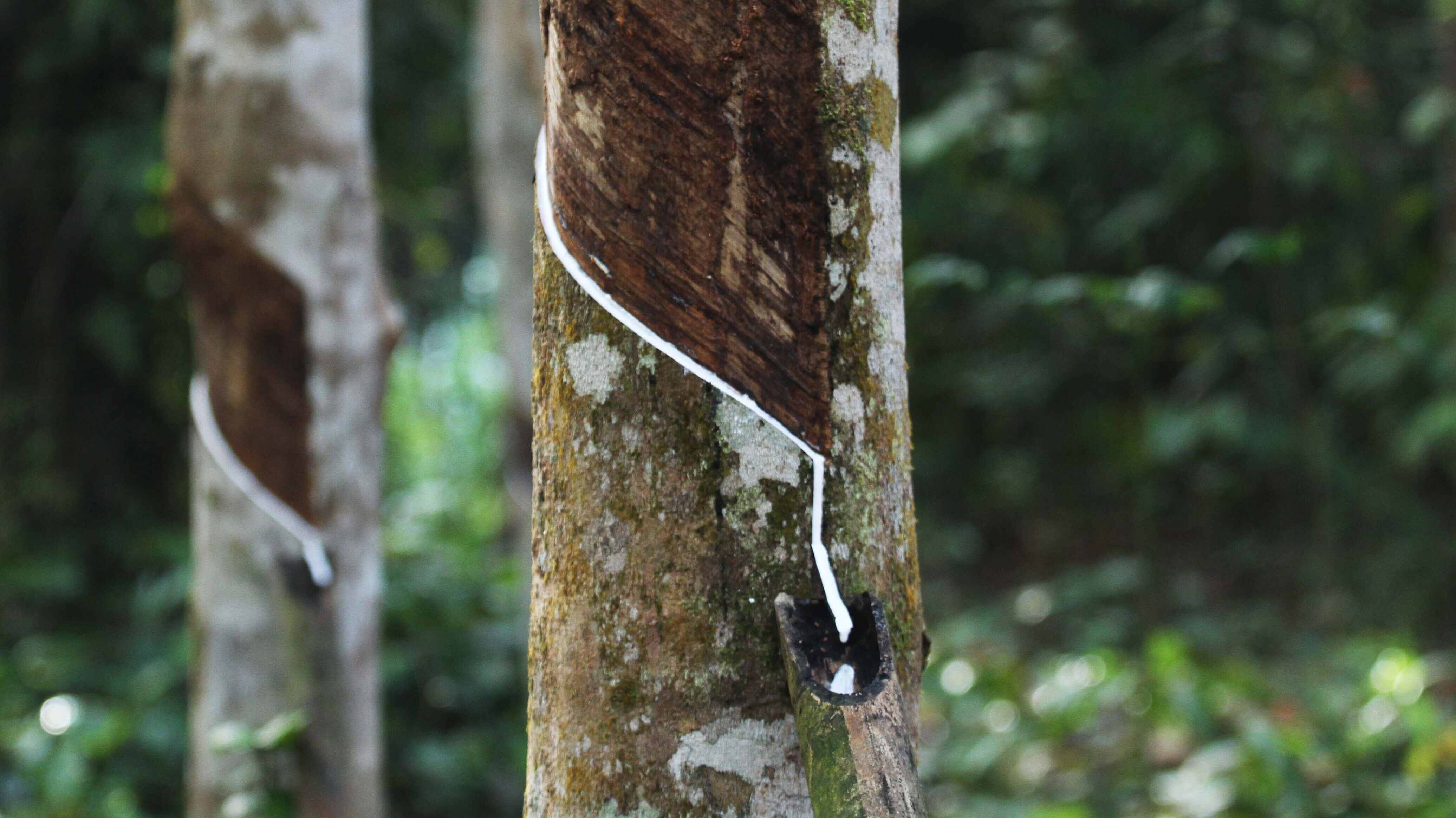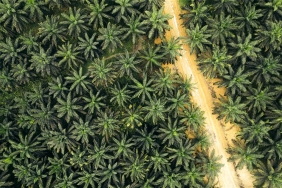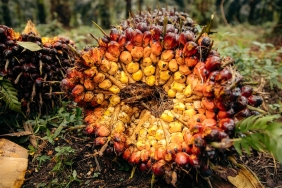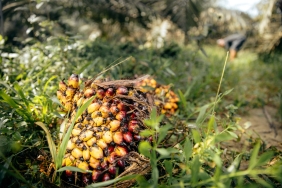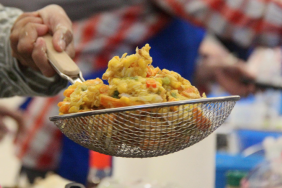KAPUAS HULU RUBBER ICS RESPONDS TO MARKET CHALLENGES
Putussibau - A number of factors have triggered the decline in rubber prices at the market level. One of them is caused by the low quality of rubber. This can be seen from the price of rubber which remains in the range of Rp6000-Rp7000 per kilogram.
Kirana Megatara Group West Kalimantan Regional CEO Andy Budi Hartawan said that so that this condition does not make farmers continue to sink, his party encourages recommended rubber cultivation. "From harvesting to post-harvesting, it must be in accordance with the correct rubber cultivation guidelines," he said in Pontianak, Sunday (01/14/2018).
Andy gave an example of the Barese Rubber Center in Labian Village, Batang Lupar District, Kapuas Hulu which has implemented a monitoring system by the rubber farmers themselves. The effort is considered very good and exemplary and should be disseminated to other farmers, farmer groups, and farmer group associations in West Kalimantan.
Meanwhile, Social Economy Officer WWF-Indonesia West Kalimantan Program Faiza Libby Shabira Lubis said the rubber quality monitoring system by farmers or commonly called the Internal Control System (ICS) is very important and effective to maintain the quality of rubber from the "roots".
Libby said that in the mentoring process, farmers are actually quite good at mastering the process from seed selection to rubber sap production. It's just that they are not familiar with production administration and prioritize the quantity produced.
The enthusiasm of farmers in producing clean and dry Bokar with ICS is considered successful. In addition to being able to attract cooperation with Kirana Megatara Group, the quality of Bokar produced by Barese Rubber Center farmers is declared to be in accordance with SNI 06-2047-2002 from the Goods Quality Supervision and Certification Unit, West Kalimantan Industry and Trade Office.
The efforts of Barese Rubber Center farmers are not only aimed at improving the quality of Bokar so that the economy of farmers increases. The ICS that has been undertaken by Barese Rubber Center farmers is also an effort to improve critical areas and maintain ecosystem balance through the application of agroforestry in Kapuas Hulu as a Conservation District.
WWF-Indonesia's Hulu Kapuas Landscape Forest Coordinator Hendri Ziasmono said rubber agroforestry is a productive land utilization and carbon sequestration effort. "We hope that this effort can reduce human and animal conflicts and reduce other exploitative pressures in forest areas," he said.
Moreover, Hendri explained, the Betung Kerihun-Danau Sentarum National Park Corridor in Kapuas Hulu is one of the main habitats of Bornean orangutans (Pongo pygmaeus pygmaeus). It is hoped that local governments, rubber companies, and civil society organizations, are strongly committed and work together so that the development of quality Bokar can continue.

